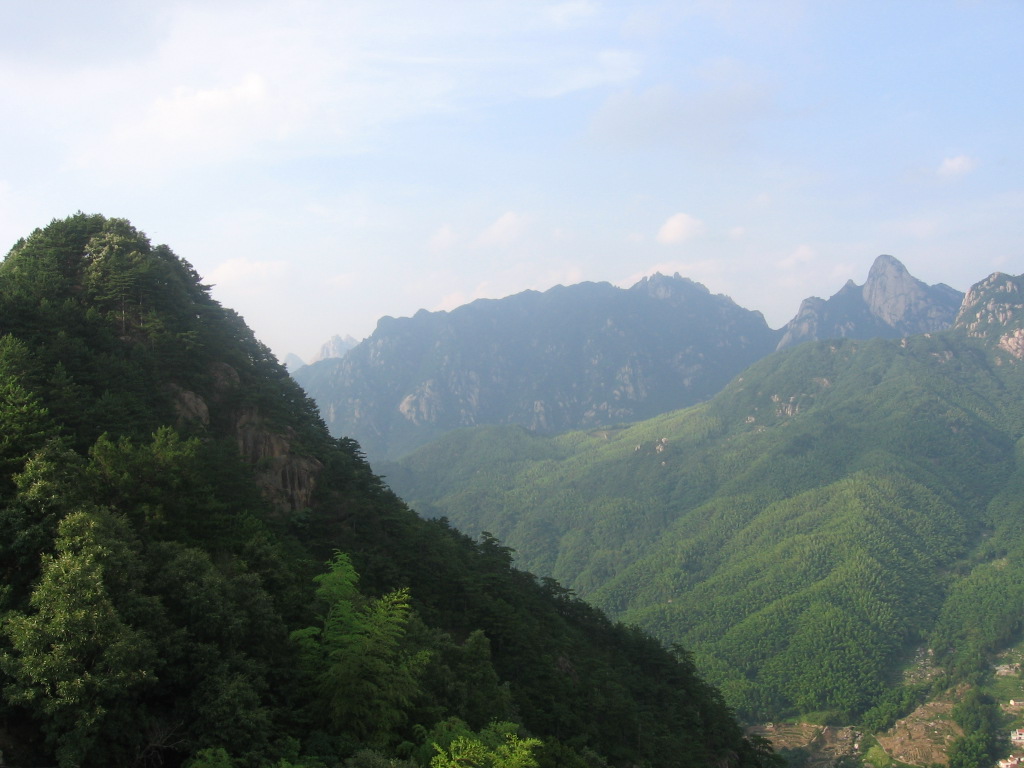from Heritage Daily (UK), an article about an early modern era false prophet, professed hermit — and con artist. Article title: “Treasure hoard associated with hermit conman found in Świętokrzyskie Mountains.” Summary: A treasure hoard associated with Antoni Jaczewiczar, a notorious hermit, conman, and false prophet, has been discovered in the Świętokrzyskie Mountains in south-central Poland.
URL: https://www.heritagedaily.com/2024/05/treasure-hoard-associated-with-hermit-conman-found-in-swietokrzyskie-mountains/151928

from Bangor DailyNews, an article about a 1920s con man presenting himself as a hermit to justify his disappearances. Article title: “The mysterious ‘Hermit of Monson’ may have smuggled opium out of Maine in the 1920s.”
URL: https://www.bangordailynews.com/2024/05/06/piscataquis/jim-whyte-hermit-of-monson-legend-joam40zk0w/

